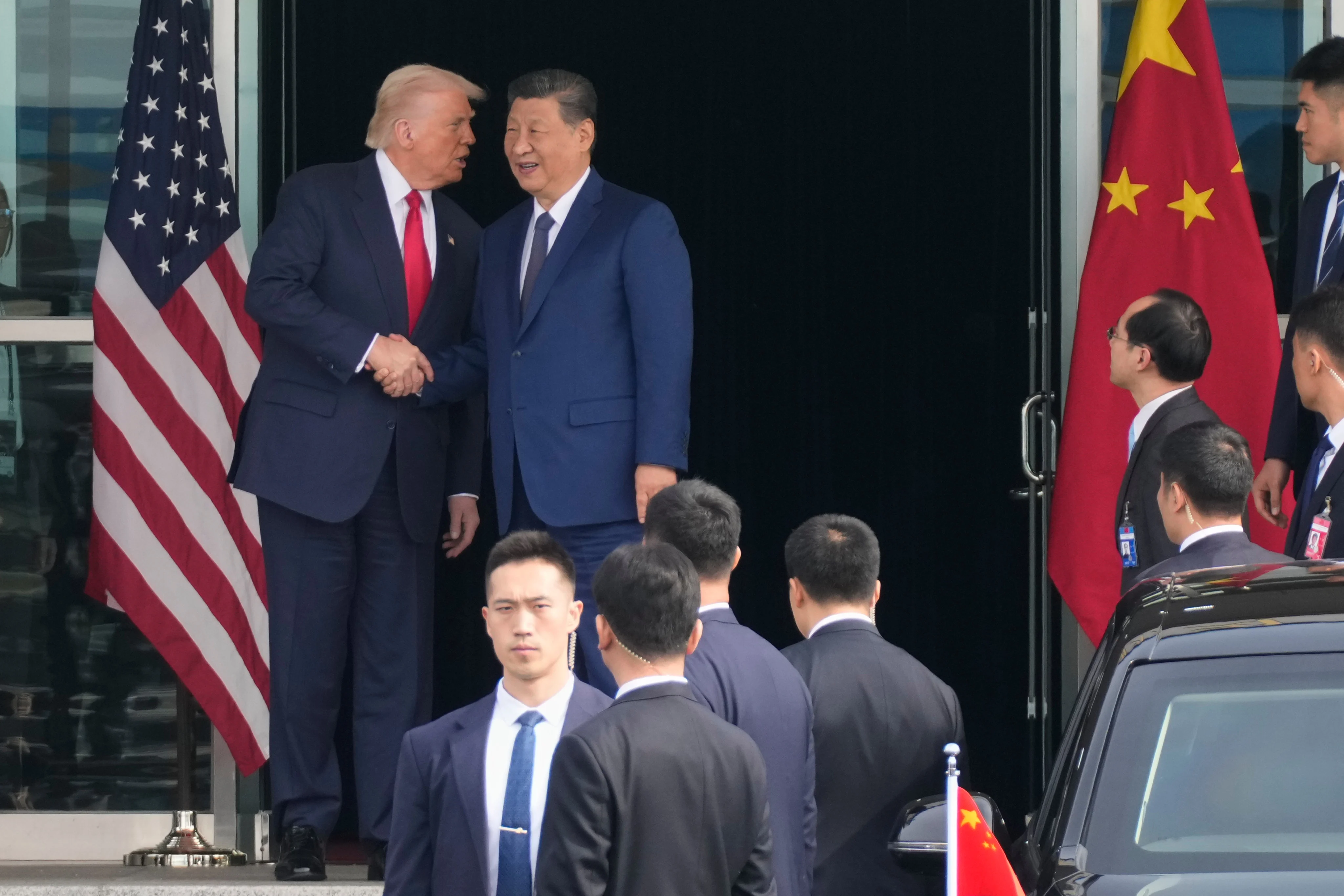Copyright scmp

Another high-stakes face-off between the United States and China has come and gone. The much-anticipated summit between Chinese President Xi Jinping and US President Donald Trump in Busan, South Korea, resulted in agreement on several points. The US agreed to reduce its so-called fentanyl tariffs on China by 10 per cent, suspend recently tightened technology restrictions for a year and suspend an investigation into Chinese shipbuilding practices. China, according to a White House fact sheet, pledged to scale back retaliatory tariffs on the US, take steps to stem the flow of fentanyl precursors, recommence purchases of US soybeans and delay its planned restrictions on rare earth exports for at least a year. On a scale of one to 10, Trump proclaimed the success of the meeting as a “12”. However, the summit only served to highlight an uncomfortable reality. The US-China relationship has settled into a predictable and not particularly productive rut: transactional deals are being cut on an evolving laundry list of discreet irritants, while the underlying structural issues that gave rise to the frictions in the first place are ignored. This is bad for both countries, but the dynamic suits China’s interests more than the US’. The US and China are engaged in the most significant geopolitical rivalry since the Cold War. However, the contest is substantially more complicated by the deep economic integration that binds the countries together as they simultaneously compete for global leadership in technologies that will determine economic and military pre-eminence in the decades to come. Neither country is about to disappear. At this fraught moment, the US and China should be engaged in serious-minded, long-term conversations on how to construct a new modus vivendi that will allow their two profoundly different systems to coexist within a single global framework. Our existing post-war systems, particularly those governing world trade, implicitly assumed that sooner or later, all major countries would become just like the US in terms of governance and economic models. The dissolution of the Soviet Union in 1991 seemed to provide a definitive confirmation of this presumption and there was open talk that we had arrived at “the end of history”. Not many would have conceived of China’s stunning ascent as an economic, trade, technology and military superpower under a very different political and economic system. Yet, that is precisely where the world finds itself today. Instead of the serious work that the moment demands, the US and China have opted for a repetitive cycle of first igniting and then extinguishing a series of bushfires without meaningfully addressing the underlying systemic issues that provided the spark. Tariffs and retaliatory tariffs are ratcheted up and then ratcheted down. Export restrictions are tightened and then relaxed. Purchases of critical exports are halted and then resumed. Regulatory headaches for individual companies come and go. This storyline has played out across multiple high-level meetings in Geneva, London, Madrid and now at the presidential level in Busan. It is easy to lose track of whether we have actually moved forward, simply recovered lost ground or perhaps even moved backwards. This dynamic suits the reality television show sensibility that Trump brings to politics and diplomacy. Stability is a ratings killer compared to a dramatic arc in which crises are manufactured and then heroically resolved. Judged on that scale, the meeting in Busan deserves high marks in Trump’s eyes. However, Xi is clearly not guided by such sensibilities, so why is he playing along? The short answer is that it suits China’s interests. Bushfires can be managed, and over the longer term, time is on China’s side. While the US continues to be an important consumer market, China is successfully diversifying its export markets. US exports as a share of China’s total exports are steadily decreasing, and along with this, the leverage afforded by US tariffs. In 2018, exports to the US accounted for almost 20 per cent of China’s global exports; today that figure is below 15 per cent. US technology, especially related to artificial intelligence, continues to be critical, but as evidenced by the DeepSeek breakthrough, China is rapidly closing the gap. Meanwhile, China’s pre-eminence in rare earths creates a chokehold that the US will be unable to mitigate for years, if not decades. The US also has to contend with the inconvenient truth that in some areas, ranging from basic hardware to silicon wafers for solar panels, China is the main source of products or inputs. Chinese officials were caught on their back foot during Trump’s first term. They were not fully prepared for Trump’s chaotic, shoot-from-the-hip style of trade policy. By the time Trump was sworn in for his second term, important lessons had been learned. Now, policymakers in Beijing understand that Trump responds to blunt-force leverage. China is one of the few countries in a position to exert that kind of force. China has been comfortable steadily matching the US in tit-for-tat escalations that then serve as the basis for negotiations aimed at rolling them back. De-escalation is better than escalation, and the fact that some ostensible agreement emerged from the Trump-Xi meeting should be welcomed. However, without a sustained effort to establish a broader framework for managing frictions between their two different systems, it is only a matter of time before tensions flare up again. As this cycle of igniting and then extinguishing bushfires repeats itself over time, leverage will continue to slowly tilt in China’s favour.



